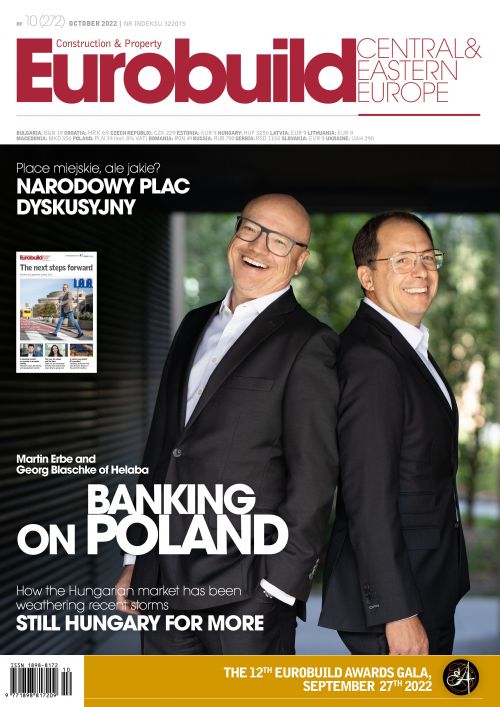The mood on the stock exchanges reflects the stubborn global inflation and the moves by central banks. Interest rates in the US are still set to rise, but there are some who are seeing a slowdown in these rises and an end to tighter monetary policy. Such signals would certainly support the stock markets, for which 2022 has not been the best year given the highest inflation in 20 years, the war in Ukraine, the return of coronavirus in Asia and the worrying situation surrounding Taiwan. The losses seen on the world’s largest trading floors have reached double figures and, even though the nadir for most bourses came in June and July, the extent of any potential bounce-back remains in question. Unfortunately, Warsaw has been performing even worse than the other exchanges – at the end of August it suffered the indignity of sinking to last place in terms of the rate of return since the beginning of the year (-28 pct), bettered even by Moscow and Sri Lanka, both of which are embroiled in




























































